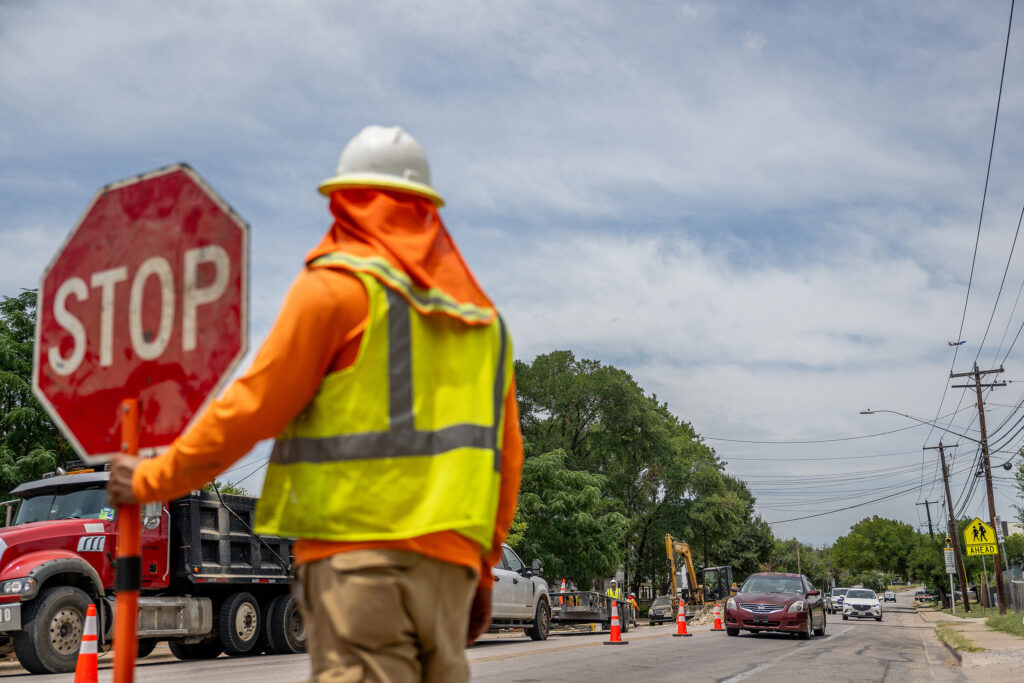Copyright wnd

A lawsuit against a state demand in Oregon that groups holding religious beliefs fundamentally opposing the deliberate and willful destruction of unborn children fund abortion has been revived. It is Oregon Right to Life that had sued state Insurance Commissioner Andrew Stolfi in 2023 charging that the state’s Reproductive Health Equity Act violated the First Amendment, which protects religious beliefs and liberty. The lawsuit had been thrown out by a judge at an entry level court. But a report at Courthousenews now confirms that the case is alive again. “ORTL put forth significant evidence of its religiosity, and there was no conflicting evidence against ORTL’s claim that its views are religiously grounded,” explained Judge Lawrence VanDyke, in an opinion from the 9th U.S. Circuit Court of Appeals. “The district court therefore erred by failing to conclude at the motion to dismiss stage that ORTL actually holds the beliefs professed in the complaint and that ORTL’s opposition to abortion is genuinely religious.” The order explains the lawsuit now will proceed. ORTL charges that the state cannot demand that it provide funding for abortions for its employees without violating the Constitution. In the state a 2017 law demands that employers pay for abortions, but lets religious groups choose insurance lans excluding that coverage. Bill Clinton-appointed Ann Aiken, a lower court judge, claimed the group’s lack of religious requirements prevailed and dismissed the case. “There are numerous assertions in the record by Oregon Right to Life that their belief in the sanctity of individual human life and opposition to abortion is based upon religious tenets,” lawyer James Bopp, representing ORTL, said in an appeals court hearing. State officials claimed the organization wasn’t religious, despite evidence from Oregon Right to Life that expressed affirmation of Judeo-Christian beliefs in its founding documents. Circuit Judge John Owens, a Barack Obama appointee, joined VanDyke in the majority. The decision also cited a recent U.S. Supreme Court ruling that favored a Catholic nonprofit in Wisconsin. The court said, “It is worth pointing out that the unanimous Supreme Court emphasized that the issue in Catholic Charities (and a fortiori the issue here) was not a ‘hard call.’ That was because the court was breaking no new ground. Since long before Catholic Charities, it has been black letter law that the Free Exercise Clause bars laws that discriminate against some or all religious beliefs.”



